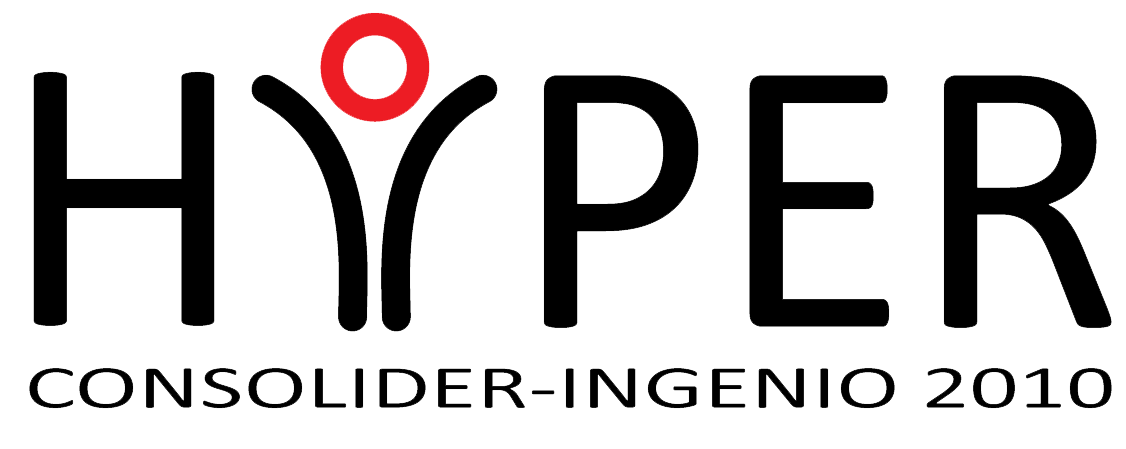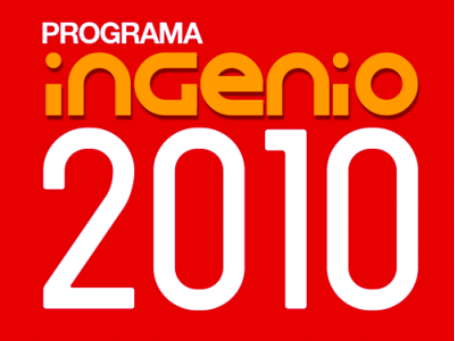Crafting a Compelling Case Study for the Summer School on Neurorehabilitation
Case studies are a powerful tool for showcasing the application of theory and research in real-world settings. They provide a detailed and compelling narrative of a particular situation or problem, the strategies used to address it, and the outcomes achieved. For students of the Summer School on Neurorehabilitation, case studies provide a valuable opportunity to apply their learning to real-world situations. In this article, we will explore how to craft a compelling write a case study for the Summer School on Neurorehabilitation.
Background
The Summer School on Neurorehabilitation is an educational program designed for students and professionals in the field of neurorehabilitation. The program provides an intensive and immersive learning experience, focused on the latest research and best practices in the field. As part of the program, students are required to complete a case study project, which involves applying their learning to a real-world situation.
Elements of a Compelling Case Study
A compelling case study should include the following elements:
A Clear and Specific Problem
The case study should begin with a clear and specific problem or situation that needs to be addressed. This problem should be relevant to the field of neurorehabilitation and should be supported by research and literature.
Relevant Background Information
The case study should provide relevant background information to help readers understand the context of the problem. This may include information about the patient, the healthcare setting, the healthcare team, and the resources available.
Identification of Strategies Used
The case study should identify the strategies used to address the problem. These strategies should be based on best practices in the field of neurorehabilitation and should be supported by research and literature.
Analysis of Outcomes
The case study should include an analysis of the outcomes achieved by using the identified strategies. This analysis should be based on objective data and should demonstrate the effectiveness of the strategies used.
Reflection and Lessons Learned
The case study should include a reflection on the lessons learned from the experience. This reflection should highlight any challenges faced, any unexpected outcomes, and any opportunities for improvement.
Tips for Crafting a Compelling Case Study
Here are some tips for crafting a compelling case study for the Summer School on Neurorehabilitation:
Choose a Relevant and Compelling Topic
Choose a topic that is relevant to the field of neurorehabilitation and that is of interest to the readers. The topic should be specific enough to allow for a detailed and in-depth analysis.
Use a Structured Approach
Use a structured approach to organizing the case study, including clear headings and subheadings. This will help readers follow the narrative and understand the key elements of the case study.
Include Visuals
Include visuals such as diagrams, charts, and images to help illustrate the key points of the case study. This will help readers visualize the problem and the strategies used to address it.
Use Objective Data
Use objective data to support the analysis of outcomes. This may include data from assessments, surveys, or other objective measures.
Provide Recommendations for Future Practice
Provide recommendations for future practice based on the lessons learned from the case study. These recommendations should be supported by research and should be relevant to the field of neurorehabilitation.
Conclusion
Crafting a compelling case study for the Summer School on Neurorehabilitation requires careful planning, research, and analysis. By including a clear and specific problem, relevant background information, identification of strategies used, analysis of outcomes, and reflection on lessons learned, the case study can provide a valuable tool for learning and application. By following the tips provided above, students can create a compelling case study that demonstrates their knowledge and skills in the field of neurorehabilitation.



.jpg)

